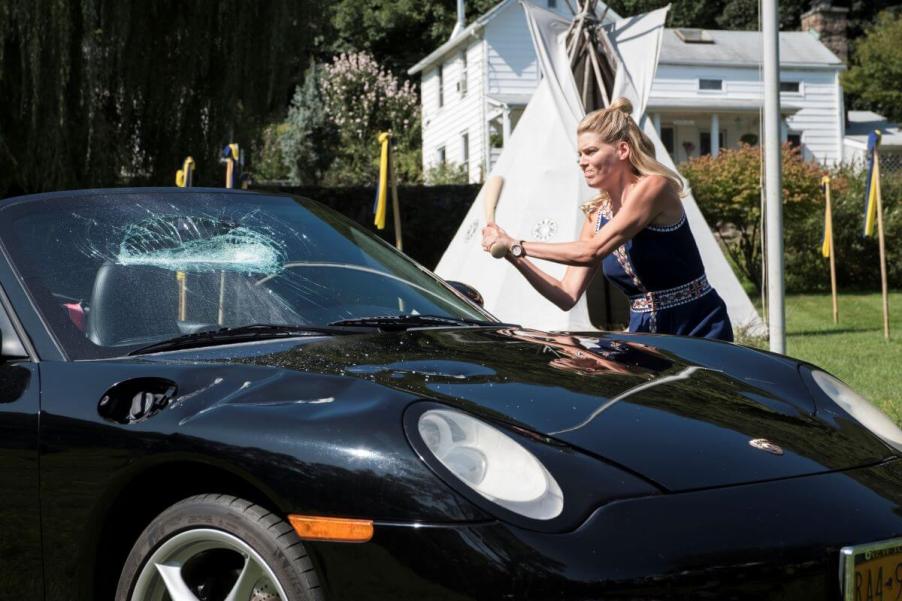
How Many Drivers Truly Hate Their Cars?
Car owners have a lot of options when purchasing a new vehicle. When looking for the perfect ride, you must consider price, current driving habits, fuel economy, desired comfort level, safety features, and optional luxury features to find a vehicle that suits your needs.
A vehicle is a personal choice that reflects not only your personality but your social status as well. So, while most drivers take their time finding the perfect vehicle, some people strike out and end up with a car they don’t like. Let’s look at how many car owners truly hate the vehicle they are currently driving.
Only a small percentage of drivers hate their cars

TrueCar claims, “The relationship we have with our cars is one of the most important and intimate relationships we can have. It takes us from point A to B. It waits for us in the freezing snow and blazing sun. It provides us with the shelter, comfort, adventure, freedom and the space we need to let loose.”
In a recent TrueCar study, results showed only 3% of car owners truly hate their cars, with a large portion of the people surveyed saying they didn’t like the lack of features, such as navigational systems, Bluetooth capabilities, etc. Additionally, a few car owners claimed they hated their car “because it’s ugly.”
Among those surveyed that have had the vehicle for less than one year, 23% are most likely to replace the car within a year.
The majority of drivers love their cars
The TrueCar study revealed 59% of drivers love their cars, with the top reasons being comfort, reliability, and confidence in safety features. The other 38% of survey respondents are somewhere in the middle, having a love-hate relationship with their current vehicle.
A whopping 65% of drivers reported loving their cars after getting past the initial ownership phase and driving it between one to three years. It is a good indication that after people get used to the way a vehicle handles, learn more about its weak points such as blind spots, and have a better understanding of the cost to fill the tank and typical repair costs, they can make a better determination of how they feel about their car.
Owners of German-made vehicles are among the most satisfied, with 67% saying they were “in love” and 30% saying they were “in like” with their Mercedes-Benz, Volkswagen, Porsche, Audi, or BMW cars. However, compared to vehicles made in Japan, South Korea, and other international markets, German car owners are the most likely to replace their vehicles, meaning love isn’t everything.
It can be very stressful owning a car you hate
Purchasing a vehicle is a personal choice, and according to AutoBlog, you have no one to blame but yourself for making a poor decision. While many people will blame the automaker for faulty features, constant repairs, or poor performance, in the end, you are the one who decided to buy the vehicle, often despite reading negative online car reviews for your specific model.
It can be super stressful to own a car you hate. It may cost too much to trade it in, or you do not have enough money for needed repairs. You may not like how it handles, get annoyed every time the A/C doesn’t blow cold enough, or scream profanities when the power window stops going down. Whatever the reason behind your distaste for your current vehicle, not liking it can provide constant stress and anxiety.
If you hate your car, start looking into trading it in or selling it privately. When you start looking for a new vehicle, consider the things you didn’t like and make it a point to find features that meet your current needs. Hopefully, you will become part of the 59% of car owners that love their current mode of transportation.



